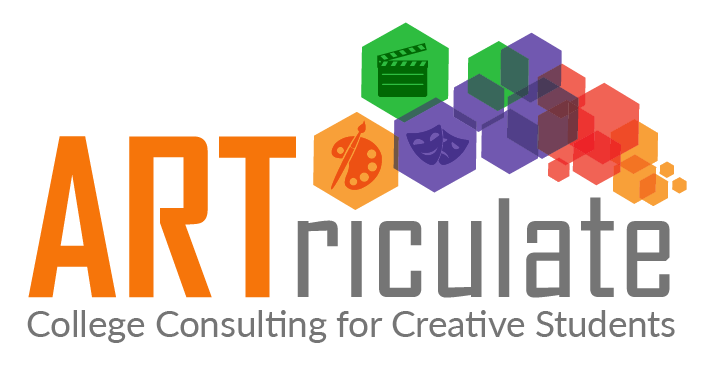Seniors... It's go time. Here's where you should be as you start school
This is crunch time for seniors (juniors, feel free to read this to get ready for next year).
School List - By now you should have your final school list. If at all possible we don't recommend visiting schools first semester, it will distract you from completing your applications on time. If you haven't visited, scour their websites, take virtual tours, ask department heads questions you CAN'T find online, and apply. When you're accepted you should visit to learn more. You can read the blog on College Fit here.
Letters of Recommendation - If you're already asked teachers, and we really hope you have, remind them via email, attach a resume if you have one, tell them where you are applying, the programs, and the dates (give them a 2 week heads up so if a school is due Nov 1, request that they submit Oct 15 which also gives them some room to slide). If you haven't asked teachers yet now is the time. Most colleges require both academic and creative letters of recommendations. You can read our blog on Teacher Recommendations here.
Transcripts - Review your transcripts, check for any errors, make sure your high school is aware of your schools and deadlines. If you see errors now is the time to get them fixed, don't wait until the last minute. Most schools use Naviance, Maya Learning, Scoir, or other platforms to coordinate sending transcripts and recommendations so be sure these are updated with your school list and anticipated application deadlines.
Personal Essay/UC PIQs - You should definitely have brainstormed your essays and hopefully you have a first draft if not a draft close to final. Remember, there is no "original" topic for an essay, but there is always an authentic essay for you. Show schools who you are, what you believe in, what you value, and stop watching YouTube and TikTok and seeing the essay for a student with a 2.0 GPA that was accepted to Harvard. You have absolutely no idea why they were accepted, and I can almost guarantee it wasn't because of their essay. You can read our blog on writing your Personal Statement here.
Extracurricular Activities - This section allows you to enter 10 activities you have been involved in outside of your normal academic classes. These activities can be school based clubs, outside art courses, sports, employment, volunteer positions, self directed learning, caring for family members, summer programs, and everything else you might have done while you're not in class. When you have a choice colleges would rather see you dive deeply into something you love, then list a scattershot group of activities just to fill in all 10 sports. You can read our blog on writing your Extracurricular Activities section here.
Supplemental Essays - In your essay document, create tabs for each school (tab text should be school name and deadline so you always see it), in each tab insert the supplemental essay prompts required by the school and program. You might also want to create a high level overview of the essays for each school so you can easily see possible common themes, such as Why this major? or Tell us about a collaborative experience? You can read our blog on writing your Supplemental Essays here.
Creative Supplements - Review the portfolio and audition requirements for each of your schools. Sometimes that information is hidden on the admissions website, in the Common Application, or in Slideroom or Acceptd and it can definitely be a treasure hunt to find it. Copy all the information you need so you know the exact requirements. Once you have the requirements start to review and curate your work so you know what is lacking and where you need to focus your efforts in these last few weeks. If you are a visual arts student consider attending National Portfolio Day to get a review of your art before submitting. You can read more about Submitting a Strong Art Portfolio here.
Calendar ALL Your Dates - Assess which application deadlines (ED, EA, RD) make the most sense for you. While applying early is very tempting, some students need more time to create work, others may want to bring up their grades and let colleges see your first semester grades. Sometimes applying regular decision allows you to have more time and is worth the few percentage points of declining acceptance rate vs applying early decision. Early Action (as opposed to Early Decision) in almost all cases does not improve your acceptance chances, though it does let you receive your decision earlier. Be sure if you are applying to specialized programs, specifically performance and film programs, that you know the dates they are due, as they are often not the same as published early or regular dates. Make sure you include time to review your applications and submit before the deadline in case there are technical glitches (there always are).
You can do this!
If you're stuck and need personal help be in touch, schedule an appointment to talk to us today.
